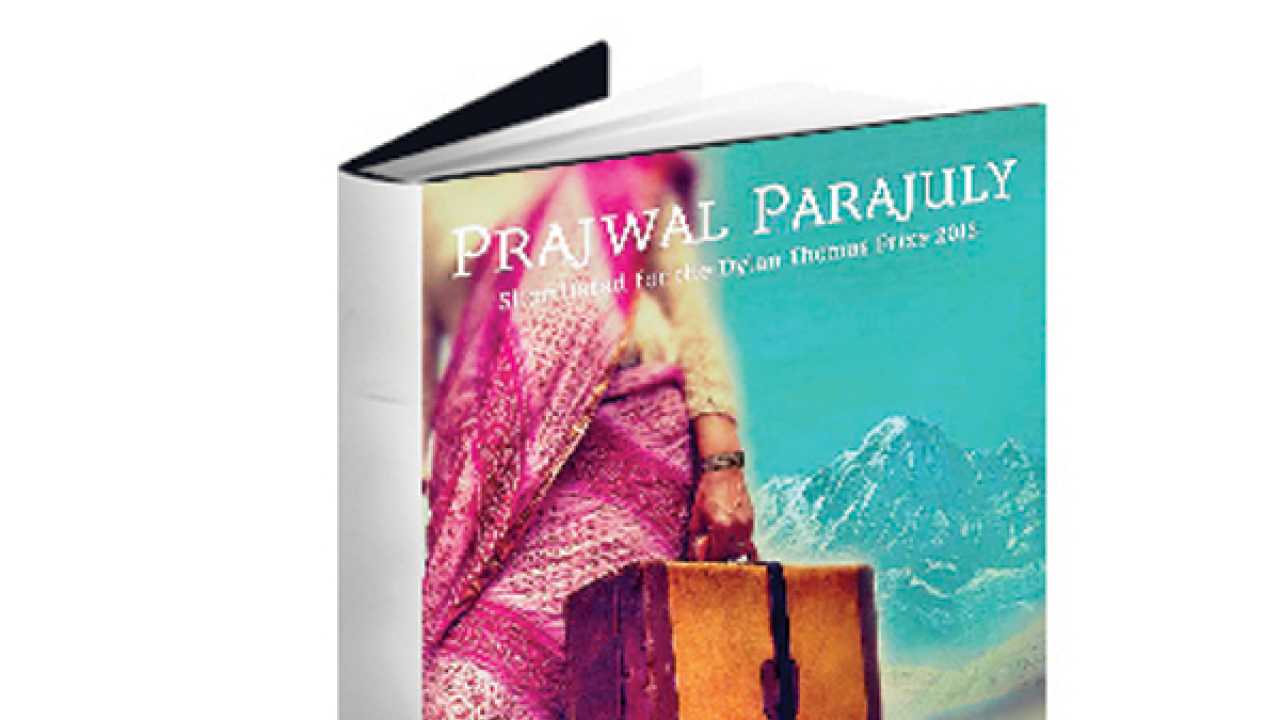
Book: Land Where I Flee
Author: Prajwal Parajuly
Publisher: Quercus
Pages: 265
Price: 499
The Indian literary canon has its own set of ironies. A prominent one being that for a land that values its diversity and variety as much as a beatnik reveres his polo neck, India has always found itself wanting in the scope of 'homecoming' novels. The Partition and the exodus from the Valley have usually been the two most powerful — and, consequently, the most powerfully-explored — themes in this genre, under which the voices of displaced Indians from elsewhere, including the non-resident desis of the pre- and post-Modi India, have got muffled.
In this context, Prajwal Parajuly presents a story set in a region that for Indians anywhere in the world is more perplexing than a white-and-gold dress (or is it black and blue?). Land Where I Flee is about siblings returning home in Sikkim from different parts of the world to celebrate the Chaurasi, the 84th birthday, of their unnerving grandmother, Chitralekha Nepauney, who raised them all by herself after their parents died in a car crash.
Parajuly doubles the stakes by entwining a sensitive theme with a lesser known (and less glamorous to even an average Indian) region. But this Nepali-Indian author who moonwalked on the literary scene in 2013 with his short story collection The Gurkha's Daughter, on the lives of Nepali victims of Bhutanese ethnic cleansing, has done a fine job this time around too.
By giving a secret to each sibling, empowering a eunuch in a way that (s)he becomes the most riveting character in the book and sculpting every character to perfection, Parajuly makes Land Where I Flee much more than just about homecoming and reunion. So Chitralekha is a perceptive entrepreneur who "understood that it intimidated most men of power when she smoked in front of them". Her authoritativeness, coupled with the freedom that her reliable 'hijra' enjoys more than anyone else in the book, are in stark contrast to the struggles of the other characters to keep their true selves hidden from society.
So while Bhagwati considers marrying beneath her caste and being pushed into poverty as the bane of her life, the thought of coming out of the closet is unnerving for Agastaya who feels "leaving New York" is about leaving "an identity behind". Then there is Ruthwa, a writer of base and "disrespectful" novels, and Manasa, who killed all her ambitions to take care of her ill father-in-law, which makes her feel like a servant in her own house.
The on-and-off mention of the Gorkhaland movement in the text provides a fitting backdrop to each character's struggle of coming unscathed from the Chaurasi and going back to their respective, secretively miserable lives.
But with an indifferent matriarch in the form of Chitralekha and a cunning 'hijra' in the house—who "would not follow through with her plot the very night someone ill-treated her but wait a day or two, play nice with this person, pretend she had forgotten everything about the mistreatment meted out on her and then strike"—it's easier said than done.
Land Where I Flee is an intelligent book that explores family, relationships, love and fear in a variety of ways. It is about homecoming as much as it is about the desire to run away from it. At some level, it's also a commentary on Sikkim's hierarchical society that best resembles Gangtok's tricky and winding staircases. But above all, this book is about an author who has arrived.